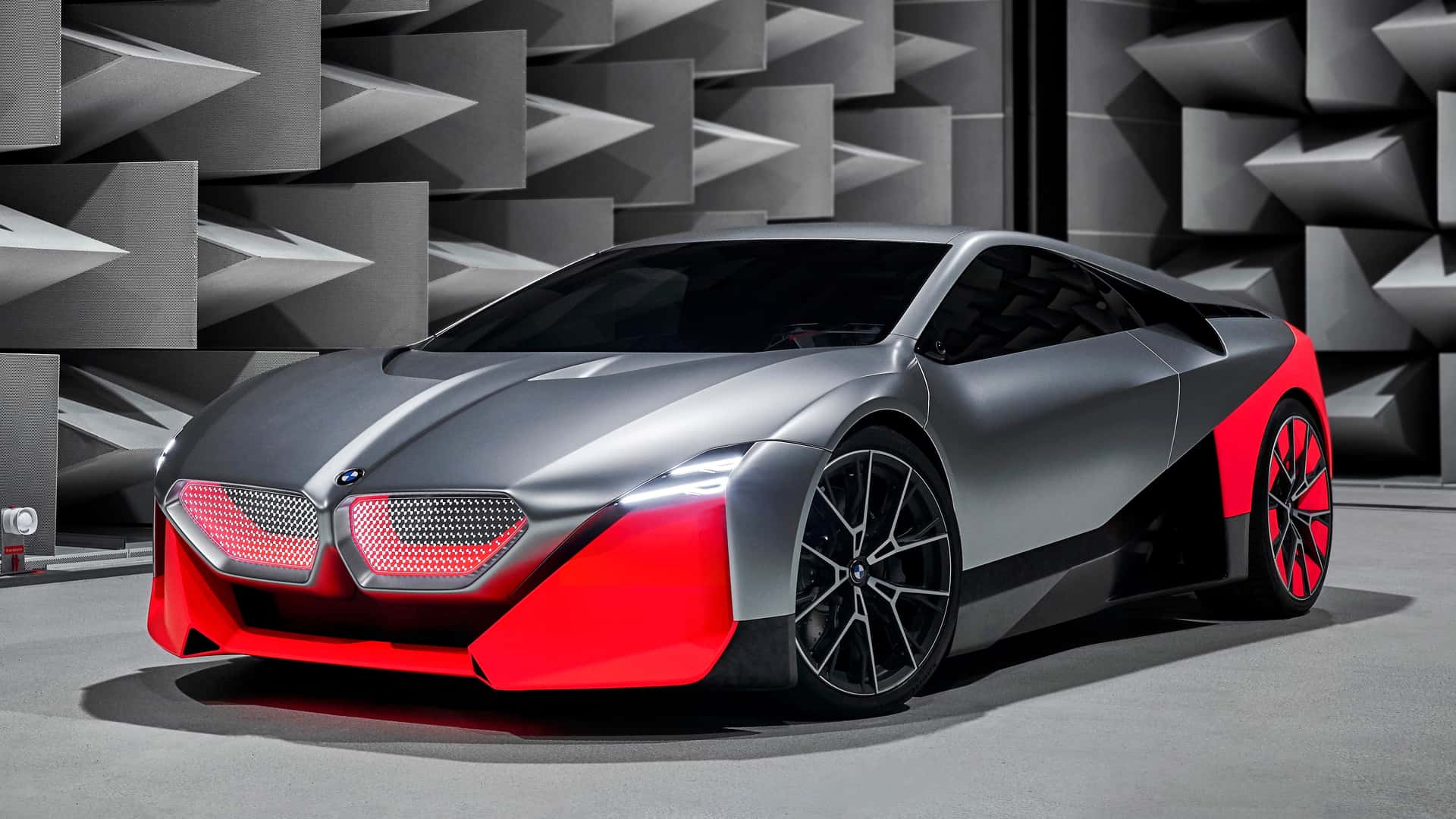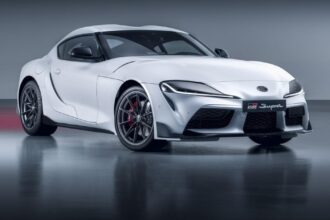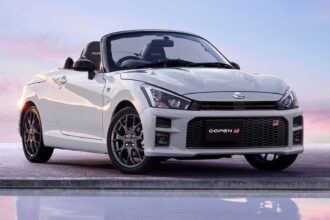Combustion-engine loyalists will argue there’s no such thing as a “fun electric car,” but if any brand can disprove that oxymoron, it’s probably BMW. Munich is taking its time launching the first full-fat M without a gas engine, with the M3 EV not expected to arrive until around 2028. When it does, it’ll feature something called the “Heart of Joy.”
The marketing phrase refers to one of four new “superbrains” BMW will introduce in upcoming Neue Klasse models, beginning with the new iX3 crossover. What exactly is it? A mix of hardware and software wizardry designed to push the dynamic capabilities of electric vehicles to a new level.
‘With 20 times faster computing power, and that in combination with an electric powertrain system, you can realize from stabilization, to driving, to chassis control, and to powertrain controls, a system which has a dynamic [capability] never seen before,’ said Joachim Post, BMW’s Chief Technical Officer, in an interview with Motor1.
In a separate media briefing with Australian journalists, Post told Drive magazine that it’s technically possible to engineer a dedicated performance car on the Neue Klasse platform rather than just an M version of a mainstream model. However, BMW isn’t committing to such a vehicle yet, only stressing that the modularity of the architecture makes it “feasible.”

‘Electronic control units, for example, a battery cell—all the things are the same, but integrated into a different package. So for us at BMW, it’s always core to think in that way: how we can develop a component and scale it across every one of our cars. [Neue Klasse] gives you the possibility to make scaling combinations to make that feasible from a business case [perspective].’
Historically, BMW has been reluctant to produce a true sports car. Even the mid-engine M1 was plagued with issues after Lamborghini, originally tasked with building it, backed out due to financial problems. The Bavarians have flirted with the idea several times since, with the most recent effort being the M Vision Next.
Pictured here, the plug-in hybrid sports car was nearly ready for production at the start of the decade. It came close to receiving the green light, but soaring development costs combined with the COVID-19 pandemic derailed the project. Even though BMW plans to launch more than 40 cars by the end of 2027, a production version of the M Vision Next won’t be among them.

96
A Neue Klasse sports car would be a crown jewel for BMW’s revamped lineup, but there’s no real urgency given past experiences. The Z4 hasn’t been a strong seller, and it’s expected to bow out next year without a direct successor in sight. Looking back, the i8 barely cleared 20,000 units in six years. Having spent over €10 billion into Neue Klasse, BMW is focused on high-volume products like SUVs and sedans to recuperate its massive investment.
Still, hope isn’t lost. The Skytop and Speedtop were essentially reskinned M8s, yet they sold for an unconfirmed €500,000 apiece. If customers are willing to pay half a million euros for a BMW, that might give higher-ups the confidence to greenlight more special projects. Whether demand would be just as strong for an EV as for a V-8 targa or shooting brake, however, is another question.

96








